Organic? Community gardens
Rosa
20 years ago
Related Stories
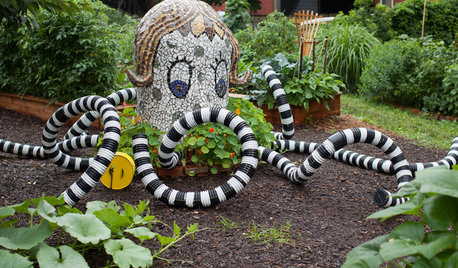
COMMUNITYArt, Edibles and Community Make Magic in a Pittsburgh Garden
With a name like Friendship, is it any wonder this neighborhood created such an enchanting community garden?
Full Story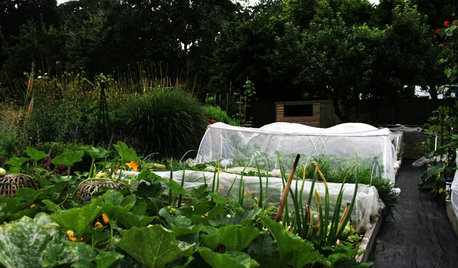
EDIBLE GARDENSFood and Community Thrive in a U.K. Allotment Garden
Get a peek at a rented garden plot in England where edibles and flowers mix and local residents can mingle
Full Story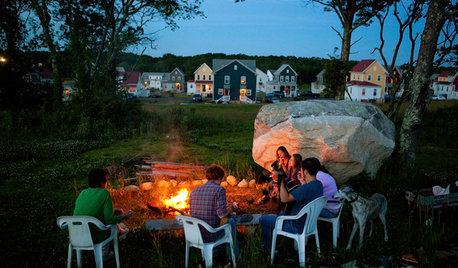
HOUZZ TOURSA New Community Flourishes in Rhode Island
Innovative affordable housing project offers new ideas for living with agriculture, art and each other
Full Story
COMMUNITYTogetherness Take 2: Is a Cohousing Community for You?
Missing that sense of connection? Consider the new breed of neighborhood with a communal bent
Full Story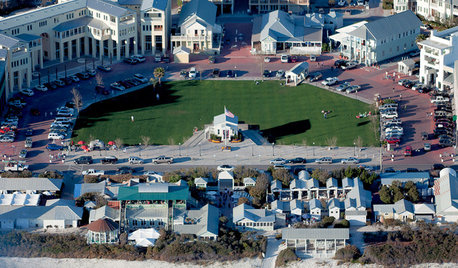
COMMUNITYTour a Pioneering Beach Town That Fosters Community
No cars, mixed-use zones, strict building codes ... a new book takes us inside Seaside, a champion of New Urbanism
Full Story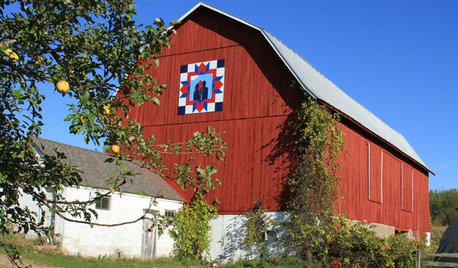
ARTBarn Quilts Piece Together a Community
One man with one beautiful idea transforms Wisconsin’s Shawano County
Full Story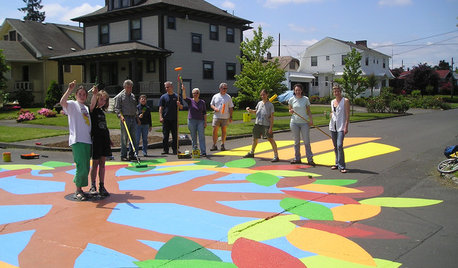
COMMUNITYCommunity Building Just About Anyone Can Do
Strengthen neighborhoods and pride of place by setting up more public spaces — even small, temporary ones can make a big difference
Full Story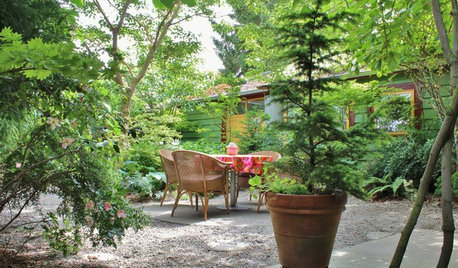
INSPIRING GARDENSFrom Concrete Lot to Gracious Organic Garden in Seattle
Plants, pests and even weeds have a place in this landscape, which offers an edible bounty and a feast for the eyes
Full Story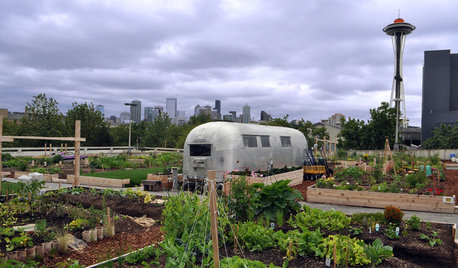
URBAN GARDENSCommunity Thrives Along With a Garage-Top Garden
Seattle neighbors join forces to create a large-scale community garden atop an old parking structure
Full Story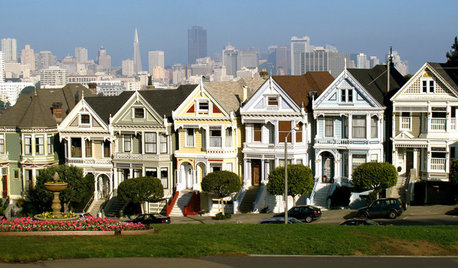
GREEN BUILDINGBuilding Green: How Your Home Ties Into Its Community
You can reduce your environmental footprint in a number of ways. Here are some ideas to consider when deciding where to live
Full StorySponsored



plantman314
RosaOriginal Author
Related Discussions
Gladiolus dipping question
Q
Organizing an Edmond Organic Community Garden
Q
HAVE: Yellow Pear Cherry Tomato for other tomatoes
Q
Help! Which one of these 6 should I stake?
Q
Anarie
premscape
goodscents
garotina
Bruce_in_ct
gottagarden
RosaOriginal Author
thandiwe2
vickie3144